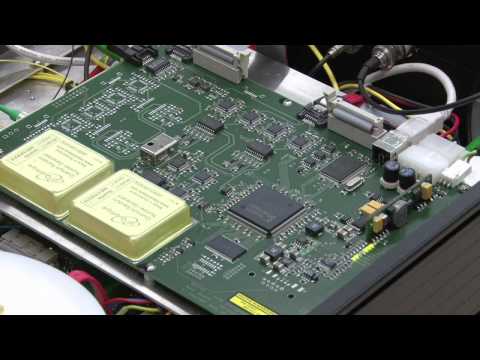Welcome to Quantiki
Welcome to Quantiki, the world's leading portal for everyone involved in quantum information science. No matter if you are a researcher, a student or an enthusiast of quantum theory, this is the place you are going to find useful and enjoyable! While here on Quantiki you can: browse our content, including fascinating and educative articles, then create your own account and log in to gain more editorial possibilities.
Add new content, such as information about upcoming quantum events, open positions for quantum scientists and existing quantum research groups. We also encourage to follow us using social media sites.
Submitted by
Mmwolf on Wed, 09/02/2011 - 14:01.
There are postdoc and PhD positions available in Mathematical Physics/Quantum Information Theory in the Department of Mathematics at the Technical University in Munich (Germany). Applicants should be
• mathematicians, theoretical physicists or computer scientists,
• interested in mathematical physics, theoretical computer science, quantum information theory and/or other fields of quantum theory and its foundations,
• willing to contribute to undergraduate math education.
Submitted by
Ines on Mon, 07/02/2011 - 10:31.
PREDOCTORAL RESARCHER IN QUANTUM CONTROL AND TOMOGRAPHY AT THE UNIVERSIDAD CARLOS III DE MADRID
A fully funded Reserarcher Contract in Quantum Control and Tomography is available to work under the supervision of Prof. Alberto Ibort Latre at the Departamento de Matemáticas, Universidad Carlos III de Madrid (Spain). It covers a period ending 31/12/2013.
Authors:
C. Wiechers, L. Lydersen, C. Wittmann, D. Elser, J. Skaar, C. Marquardt, V. Makarov, and G. Leuchs
We present a method to control the detection events in quantum key distribution systems that use gated single-photon detectors. We employ bright pulses as faked states, timed to arrive at the avalanche photodiodes outside the activation time. The attack can remain unnoticed, since the faked states do not increase the error rate per se. This allows for an intercept–resend attack, where an eavesdropper transfers her detection events to the legitimate receiver without causing any errors.
Submitted by
Burgarth on Fri, 04/02/2011 - 12:35.
Submitted by
JMiszczak on Wed, 02/02/2011 - 09:28.
The electronic chips of the future might not be made of silicon or even graphene but of a material called molybdenite (MoS2). EU-funded research presented in the journal Nature Nanotechnology demonstrates that molybdenite is a highly effective semi-conductor that could be used to make transistors both smaller and more energy efficient.
Pages


